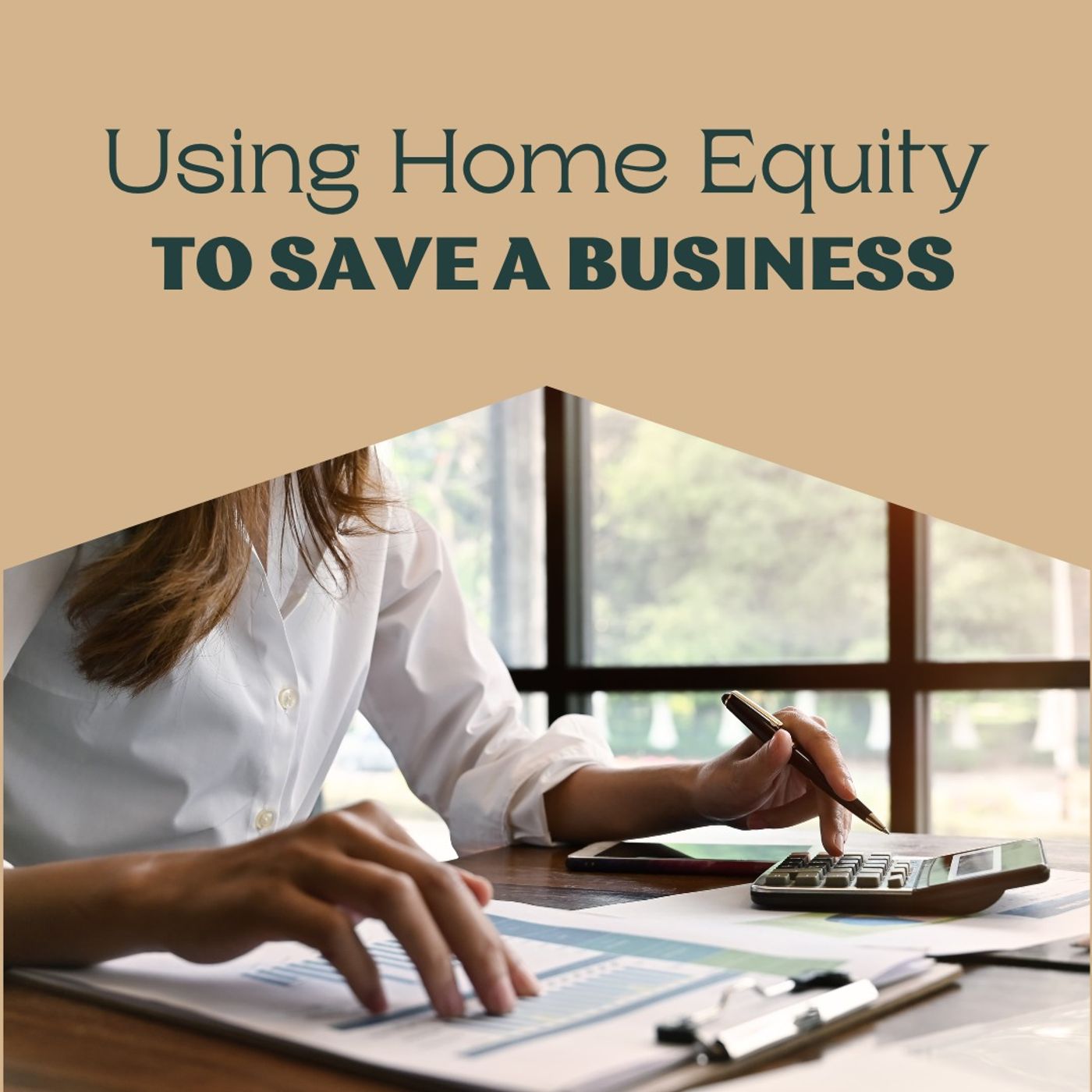Using Home Equity to Save a Business
- Author
- FaithFi: Faith & Finance
- Published
- Fri 09 Jun 2023
- Episode Link
- https://www.faithfi.com/
Scripture repeatedly warns us about the dangers of borrowing. Proverbs 22:7 gets right to the point, telling us that “...the borrower is slave to the lender.” On this Faith&Finance, we’ll look at a situation where you might be tempted to borrow but shouldn’t.
- As the U.S. economy teeters on the edge of recession, small businesses are beginning to feel the pinch. A couple of years ago, when the economy was booming, they may have sought to expand, plowing more revenue back into the business.
- But now, money is getting tighter. So if you’re a small business owner, what’s the solution?
- Well, this is where temptation enters the picture — specifically the temptation to tap into your home’s equity.
- And while it might seem like the equity in your home would be a good source of quick cash to get you through a tough time, is it really?
- We’re going to consider a question that’s front and center for many families who own a business. Here’s Sherri’s story:
- Sherri’s husband is self-employed in the trucking industry. A few years ago, they sold one of their trucks and used the profit to make a down payment on a home. Now, they’re facing serious cash flow problems because of fuel costs, lingering supply-chain issues, and the increasing time it’s taking clients to pay them.
- The business still owes money on much of the equipment, and Sherri says even if they sold it all they wouldn’t break even. Sherri wants to know if now would be a good time to use the equity in their home to keep the business going.
- Well, Sherri, the short answer to your question is “no.” Don’t use your home as collateral to cover business debt. You’d put yourself at risk of losing your business and your home if you can’t make the payments.
- Of course, dealing with a struggling business is never easy. If you’re in that position, here are a few things to consider:
- If you’re married, are you and your spouse in agreement about how to proceed with your struggling business? In any case, it’s so important to pray together about this, asking God to reveal a path that you both can agree on.
- Then you can look at the economic conditions.Right now, the economy is slowing. Fuel prices remain high, and you can reasonably expect that payments from your customers will only get slower.
- Consider the long-term future for your business.What are your goals?
- Ask yourself: Is it time to call it quits before you get yourself deeper in debt?
- It’s always smart to seek wise advice from a financial planner, or you can talk to other business owners who’ve “been there”.
- One thing you’ll likely hear from them is that it’s not a good idea to mix personal and business finances— and that using your home equity to keep your business afloat only puts your family’s future in jeopardy, so avoid that.
- Another thing to consider when discussing the future of your small business is your emotional attachment to it. Business decisions should never be based on emotions. It’s difficult for an entrepreneur to give up a business, but most successful ones will tell you that they failed at one before achieving success with another. So giving up on a failing business isn’t the end of the world.
- Finally, ask yourself, what is God trying to tell you through this financial challenge? Whatever that is, you can trust God to lead you to a better place.
- And a final thought: We’re called to practice absolute honesty and integrity at all times, for Christ in the marketplace. People are watching you, and how you act in troubled times can help point others to Christ.
- Proverbs 11:1 tells us, “A false balance is an abomination to the Lord, but a just weight is his delight.”
- And 2 Corinthians 8:21 says, “For we aim at what is honorable not only in the Lord's sight but also in the sight of man.”
On this program, Rob also answers listener questions:
- How do you get an amortization schedule to understand how soon you can pay off your mortgage?
- What is an “Able” account for people with disabilities, and how does that differ from a 529 savings plan?
- What’s the difference between a bank and a credit union, and are credit union accounts federally insured in the same way as they are with most banks?
- Where should you park the proceeds from the sale of a home if you plan to buy another home again soon?
Remember, you can call in to ask your questions most days at (800) 525-7000. Also, visit our website at FaithFi.com where you can join the FaithFi Community, and give as we expand our outreach.
Remember, you can call in to ask your questions most days at (800) 525-7000. Faith & Finance is also available on the Moody Radio Network and American Family Radio. Visit our website at FaithFi.com where you can join the FaithFi Community and give as we expand our outreach.
